|
Help Your Lawn Recover from Winter Dog Pee Burns Dealing with those unsightly dead spots left over from winter dog bathroom breaks? Here’s how to address the damage and keep your lawn looking its best: Understanding Winter Dog Urine Damage During the winter, the turf is somewhat protected from the daily blast of urine from your pet, but that saturation of urine will create dead spots once the turf greens up later this spring unless you do some proactive steps now. For those of us in the northern climates, you’ll have about a 2-3 week window to treat the yard before the damage is done. Act Fast: The Key to Recovery The application window is right when the ground is thawed and before the turf is just starting to come out of winter dormancy. Most of us don’t realize that all those turf plants in the yard lose about 60% of their root systems every year and will have to regrow them each spring. If that new root starts to grow and is surrounded by urine, it will fry. This is also why you can sometime see a dark greening around the edges of a burn. It’s just the right amount of nitrogen to give the turf some color and growth. Revive to the Rescue You’ll want to spray the old spots with a healthy application of Revive Dog Spot Treatment. Here’s how:
Important: DO NOT APPLY fertilizer at this time as you’ll be adding more salt and nitrogen to the problem. Keep the Revive spray bottle once it’s empty has it can be refill with our Gallon size saving you money. Patience is Key From my experience, these winter burn areas will come out of it but might be a week or two behind the rest of the lawn once it’s greened up. Treating Spots Too Late? If the lawn has green up from winter dormancy, it’s too late to treat those winter spots. If you missed the application window and/or the burn areas are still brown by mid April, the turf is likely dead and would need to be replaced with seed or sod The post Fix The Winter Dog Pee Burns Before It’s Too Late! appeared first on Revive Lawn Care Products. via Revive Lawn Care Products https://www.revive.com/blog/dog-urine/dog-pee-spots-after-winter.html
0 Comments
Living in hot climates doesn’t mean sacrificing your lush green lawn. With the right choices, you can cultivate a vibrant garden even in the face of water scarcity. Here, we explore various types of drought tolerant grass and products that not only survive but thrive in hot places.
In your quest for a water-wise lawn, these drought tolerant grasses offer both practicality and aesthetic appeal. Selecting the right grass for your specific climate ensures a vibrant, green oasis, even when the temperatures rise. The post Types of Drought Tolerant Grass That Thrive in Hot Places appeared first on Revive Lawn Care Products. via Revive Lawn Care Products https://www.revive.com/blog/liquid-aeration/types-of-drought-tolerant-grass-that-thrive-in-hot-places.html In gardening and agriculture, the shift towards sustainability has never been more pronounced, and one significant player in this movement is organic fertilizer. Let’s explore the holistic uses of organic fertilizer and why it’s gaining popularity among eco-conscious gardeners.
Unlike chemical fertilizers that may disrupt the soil’s natural balance, organic fertilizers work symbiotically with the soil ecosystem. They enhance microbial activity, promoting a healthier and more nutrient-rich soil environment. This, in turn, fosters robust plant growth.
Organic fertilizers are derived from natural sources such as compost, manure, or plant residues. This means they break down naturally, reducing the risk of harmful chemical runoffs that can contaminate water sources. The environmental impact is significantly lower compared to synthetic fertilizers.
Organic fertilizers contribute to the long-term health of the soil. They improve soil structure, water retention, and drainage, making it more resilient to environmental stressors. This leads to sustainable farming practices that benefit both current and future generations.
By choosing organic fertilizers from Revive, gardeners contribute to the preservation of biodiversity. The natural ingredients in organic fertilizers support a diverse range of microorganisms in the soil, creating a balanced ecosystem that encourages the presence of beneficial insects and organisms. As we strive for greener alternatives in every aspect of our lives, embracing organic fertilizers is a small yet impactful step towards a healthier planet. The post The “Holistic” Uses of Organic Fertilizer appeared first on Revive Lawn Care Products. via Revive Lawn Care Products https://www.revive.com/blog/fertilizers/the-holistic-uses-of-organic-fertilizer.html Are unsightly brown spots marring the lush green canvas of your lawn? Before reaching for chemical solutions, consider addressing the root cause—literally. Brown spots in grass are often indicative of underlying soil issues that, when addressed correctly, can transform your lawn into a verdant oasis.
Start by understanding the composition of your soil. Brown spots may be caused by factors like poor drainage, compacted soil, or nutrient deficiencies. Invest in a soil testing kit or consult with a local garden center to identify the specific issues affecting your lawn.
Compacted soil can stifle root growth and water absorption, leading to brown patches. Aerating your lawn involves perforating the soil to allow air, water, and nutrients to penetrate deeply. This simple yet effective technique can rejuvenate your lawn and promote healthier grass growth.
Inconsistent watering is a common culprit for brown spots. Ensure your lawn receives adequate moisture without drowning it. Deep, infrequent watering encourages robust root systems and discourages the growth of shallow-rooted weeds.
Brown spots may signal a lack of essential nutrients. Choose a well-balanced fertilizer, rich in nitrogen, phosphorus, and potassium for effective soil treatment for your lawn. Follow recommended application rates to avoid over-fertilization, which can exacerbate the problem. Embrace these soil-centric solutions for a greener, more resilient lawn! The post Getting Rid of Brown Spots in Grass by Acting on the Soil appeared first on Revive Lawn Care Products. via Revive Lawn Care Products https://www.revive.com/blog/lawn-care/getting-rid-of-brown-spots-in-grass-by-acting-on-the-soil.html Green thumbs unite! If you’re navigating the world of gardening in warmer climates, you’ve probably pondered the effectiveness of organic liquid fertilizer. Let’s delve into this verdant topic and separate the facts from the foliage.
The Heat Factor: Does Warm Weather Impact Organic Liquid Fertilizer? In the realm of organic liquid fertilizers, one burning question lingers: do they truly thrive in warmer areas? The answer lies in the science behind these eco-friendly elixirs. Research Roots: Understanding the Dynamics Studies suggest that the microbial activity crucial for nutrient absorption tends to surge in warmer temperatures. This could potentially enhance the efficacy of organic liquid fertilizers. However, it’s important to note that while warmer climates may boost microbial activity, excessive heat can also lead to faster evaporation of the liquid, impacting its absorption potential. Best Buds: The Ideal Organic Liquid Fertilizer for Warm Climates Choosing Wisely: Nitrogen-Rich Formulas When selecting an organic liquid fertilizer for warmer areas, opt for nitrogen-rich blends. Nitrogen is a key player in promoting robust growth, and in warmer temperatures, plants often require an extra dose to flourish. Final Verdict: A Blooming Success with Organic Liquid Fertilizers in Warmer Climes Bottom line, organic liquid fertilizers can indeed be a boon for gardeners in warmer areas. Mindful application, consideration of temperature nuances, and selecting the right formula can pave the way for a lush, thriving garden. So, embrace the green revolution and let your garden bask in the benefits of organic liquid fertilizers under the warm sun! The post Does Organic Liquid Fertilizer Work for Warmer Areas? appeared first on Revive Lawn Care Products. via Revive Lawn Care Products https://www.revive.com/blog/liquid-aeration/does-organic-liquid-fertilizer-work-for-warmer-areas.html If you are having problems with the brown spots on your lawn, there are some things that you can do. First of all, you should take a walk around your lawn and look closely at its brown spots and note exactly where they are, how big they are, if there are any patterns, and so on.
You should examine the grass blades in the brown areas, and see if there are any signs of insects, such as bugs, grubs, etc. At the same time, you should make sure your lawn is getting enough water. There may be areas that are too dry, or maybe some spots are getting too much water, leading to soggy soil. And in case you have pets, you should check if they might be causing the brown spots. Sometimes, dog urine can cause your grass to turn brown. Other times it can be about fungus or mold, and you should look for discoloration on the grass. You should also check if your lawnmower blades are sharp enough, because dull blades damage the grass, making it brown. Moreover, you should make sure you are using the right organic fertilizer to remove brown spots in grass, and water it in, just don’t overdo it. The post The Steps Needed for Solving the Mystery of Brown Spots in Grass appeared first on Revive Lawn Care Products. via Revive Lawn Care Products https://www.revive.com/blog/lawn-care/the-steps-needed-for-solving-the-mystery-of-brown-spots-in-grass.html Taking care of your lawn is very important and there are some important things you will need if you want to make your yard look really great. For one thing, you need a lawn mower, which helps your grass keep looking neat and tidy.
A watering can or a hose is another important tool that you may need to give your lawn a good drink regularly, especially in the heat of summer. And, of course, you may be interested in applying fertilizer, because it helps your grass remain green. You should always find the best lawn care products, such as an organic fertilizer. Additionally, you should use a rake for spreading out the soil evenly. This also helps remove dead leaves and other undesirable elements. And in case you notice any bald spots in your yard, planting grass seed is like giving it new hair, because it fills in the empty spaces, making your yard look lush and abundant. You should also use mulch, because it protects the soil and plants from excessive sun, keeping them in a good state. And, sometimes, plants need a little trim to look their best, so you should use pruning shears to cut back any overgrown branches.
The post Essential Lawn Care Products for a More Vibrant and Resilient Yard appeared first on Revive Lawn Care Products. via Revive Lawn Care Products https://www.revive.com/blog/lawn-care/essential-lawn-care-products-for-a-more-vibrant-and-resilient-yard.html 12/22/2023 0 Comments Liquid Gold for Your Lawn Scientifically Proven Benefits of Organic Liquid FertilizerA beautiful lawn certainly is worth having, because it makes your life more pleasant, while also increasing your home’s curb appeal. And in order to have a nice lawn, it is very important to use important elements such as organic fertilizers. They are just like some special treats for your lawn, helping it gain and keep its strength all through the year.
This liquid gold called organic fertilizer is easy to absorb, providing your plants with a quick energy boost. At the same time, such an amazing treat is packed with all the good elements that plants need in order to grow strong. We should also remember that underneath the soil there are some little helpers called microbes, and a great organic liquid fertilizer makes them develop, and this fact is tremendously beneficial to your plants. Unlike some fertilizers that contain chemicals, an organic liquid fertilizer is the best thing to feed your lawn, because it is from natural ingredients, so that it is rather gentle and will not harm your green lawn in any way. So, if you want your lawn to be the envy of the neighborhood, this liquid fertilizer can truly make your grass grow vibrant and strong, while also looking amazing. The post Liquid Gold for Your Lawn – Scientifically Proven Benefits of Organic Liquid Fertilizer appeared first on Revive Lawn Care Products. via Revive Lawn Care Products https://www.revive.com/blog/liquid-aeration/liquid-gold-for-your-lawn-scientifically-proven-benefits-of-organic-liquid-fertilizer.html One of the best ways to improve the appearance of your home is by having a nice-looking, healthy lawn. And there are some essential things you can do in order to achieve that. First of all, you should water your lawn regularly, especially during the hot and dry summer days. Watering deeply is essential for helping those roots grow strong.
Another important detail to remember is to give your lawn a really neat haircut, namely to mow it properly. But you need to remember that you should trip the top, without going too short. Thus, you should set your mower at a higher level, and leave some grass behind, because this shades the soil, keeping it cool. And yet another major thing to keep in mind is to mow when the grass is dry, in order to avoid any clumps and stress on the blades. Moreover, you should feed your lawn properly. For that, you should use a lawn fertilizer that is organic and enriches the soil instead of damaging it. The best times of the year to feed your lawn are in the spring and in the fall. Additionally, you should keep your lawn clean and free of any leaves, sticks or debris. Organic lawn fertilizer from https://www.revive.com/ is recommended for a lush green lawn year after year. The post 4 Essential Tips for Achieving and Maintaining a Lush Lawn appeared first on Revive Lawn Care Products. via Revive Lawn Care Products https://www.revive.com/blog/fertilizer-products/4-essential-tips-for-achieving-and-maintaining-a-lush-lawn.html For your lawn to grow strong, it first needs really good soil, so you should add some organic material to it such as compost, or well-rotted manure. This is much like giving your lawn a tasty and nutritious meal.
And since different types of grass like different things, you should choose a type of grass that is right for your area. It is like choosing the right clothes for the weather. Watering is important, but too much or too little can do more harm than good. So you should water your lawn when it is thirsty, when the soil is dry about an inch below the surface. Much like feeding your lawn with healthy snacks instead of unhealthy food, you should look for organic lawn care products to improve the state of your lawn. And since weeds are like unwanted guests, you should always pull them out or use natural methods to get rid of them. After all, you want to keep your lawn looking nice and tidy for as long as possible. Some bugs are like little garden helpers. For instance, ladybugs and bees are good for your lawn. Moreover, you have to remember that your lawn is a living thing, so you should give it time to grow.
The post Going Green from Roots to Blades – How to Master Organic Lawn Care appeared first on Revive Lawn Care Products. via Revive Lawn Care Products https://www.revive.com/blog/lawn-care/going-green-from-roots-to-blades-how-to-master-organic-lawn-care.html |
AuthorWrite something about yourself. No need to be fancy, just an overview. Archives
February 2018
Categories |

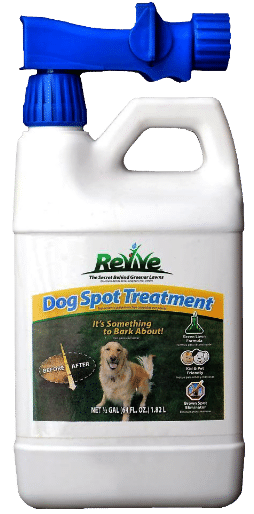
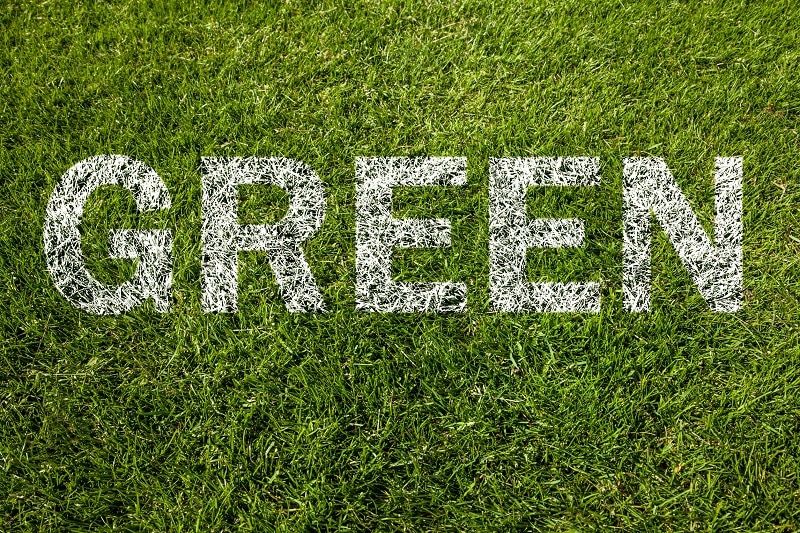
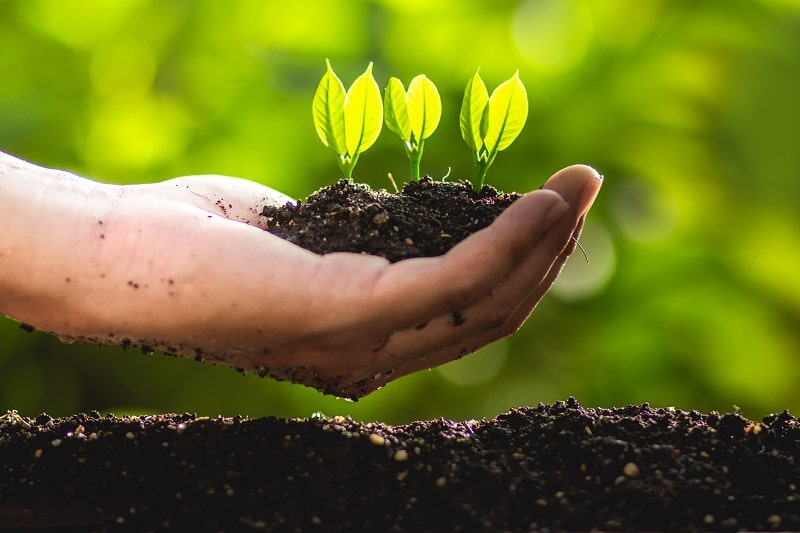
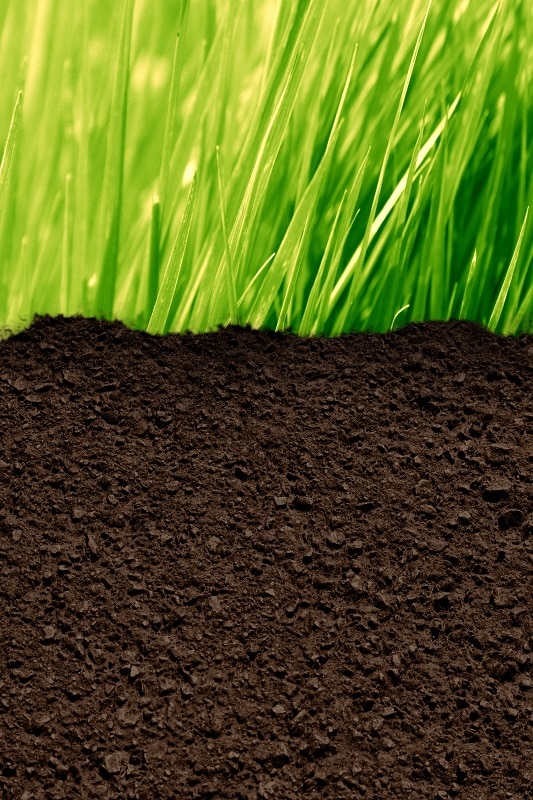

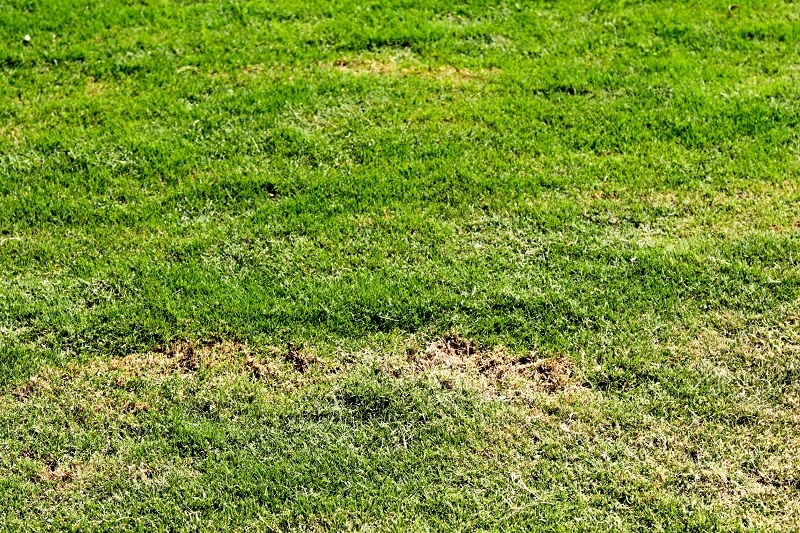
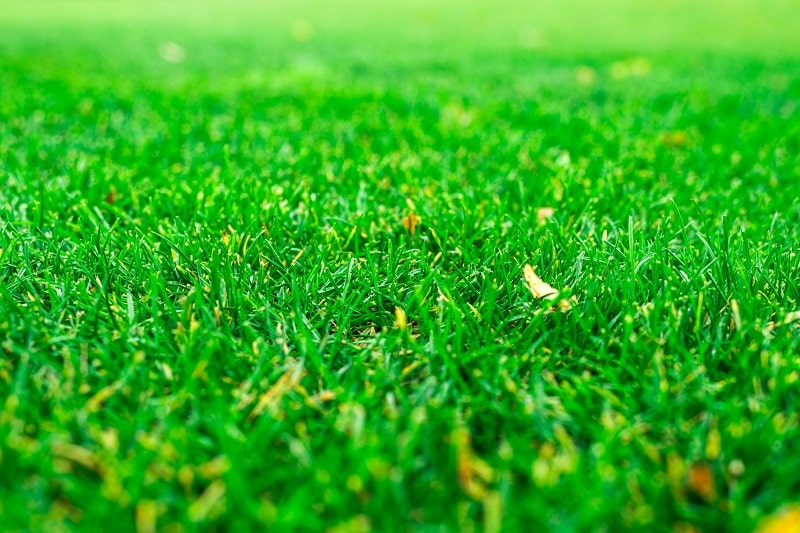
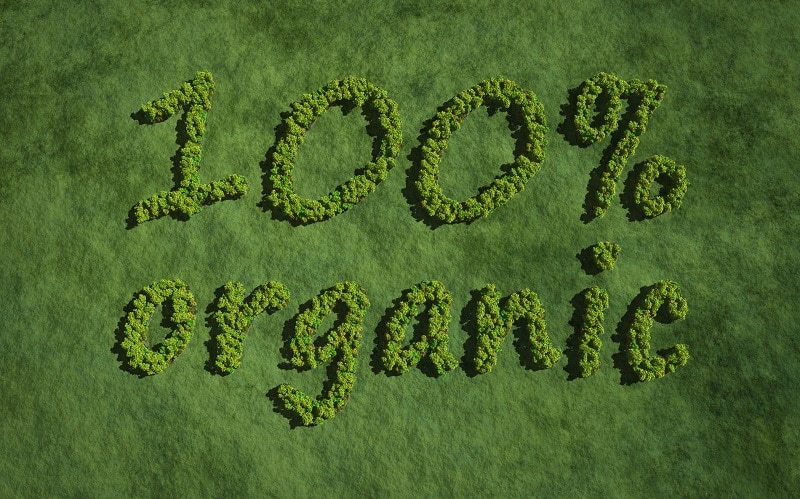
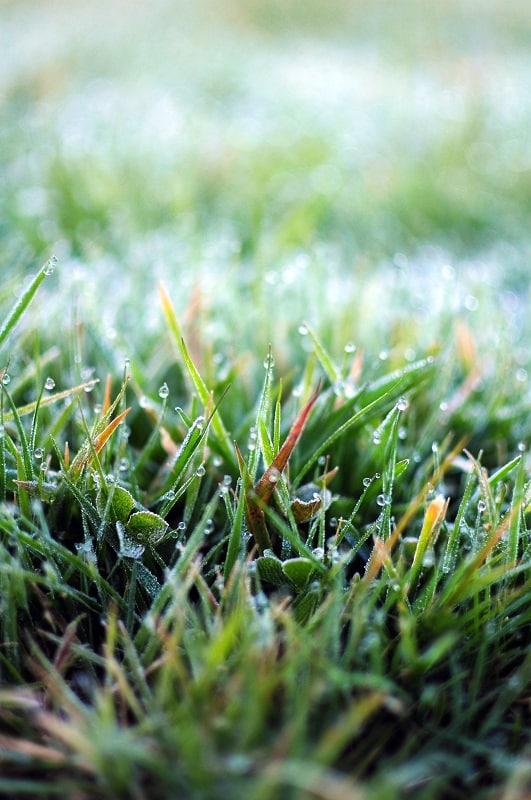
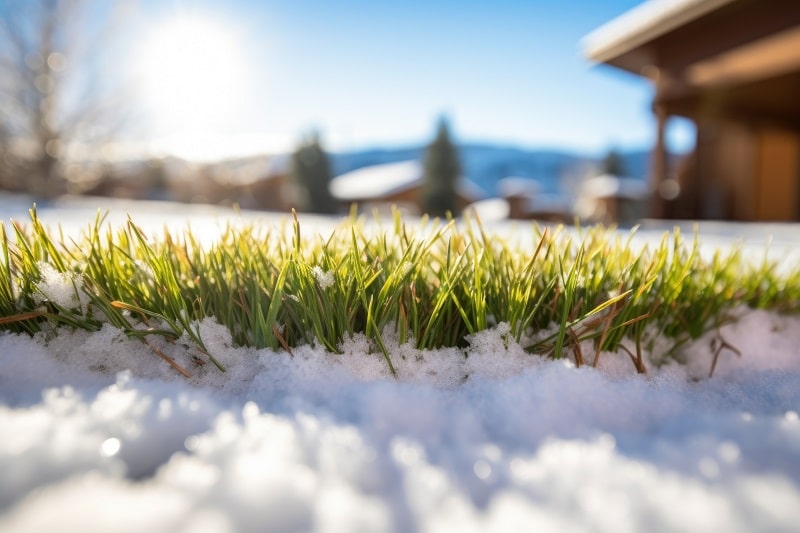
 RSS Feed
RSS Feed
